In London, a “death cafe” gives people safe space to discuss the finality of death
By AFP
22 February 2020 |
11:23 am
Sitting at the head of the table, "death cafe" facilitator Mireille Hayden listens carefully as a young woman who recently lost her father shares her experience dealing with grief. At this unusual cafe in London, people from all ages and all walks of life meet to sip a cup of tea and eat cake, while telling stories of grief, loss and bereavement, and discussing the great beyond and the finality of death. No topic is off limits and the objective is clear: breaking the "taboo" of death and encouraging people to "make the most of their finite lives".
In this article
Related
Related
20 Apr
Maya Rudolph is back with a second season of her quirky billionaire workplace comedy, "Loot", while Oscar winner Robert Downey Jr dons multiple disguises for his role in the Vietnam War spy drama "The Sympathizer". Dheepthika Laurent and Olivia Salazar-Winspear also bring you the latest news from Canneseries, including Michael Douglas's historical drama "Franklin" and a biopic about Karl Lagerfeld.
17 Apr
British actor Idris Elba on Tuesday joined the cast and crew of upcoming Sonic the Hedgehog spin-off series “Knuckles” at its world premiere in London.
20 Apr
We look at reactions as Indians prepare to vote in mammoth elections. Prime Minister Narendra Modi is hailed for having elevated India to the international stage, but criticised for curbing the rights of minorities.
23 Apr
Austrian police have arrested two young couples from Bavaria after they visited the birthplace of Adolf Hitler. Officers took action when they saw a woman in the group performing a Nazi salute.
4 hours ago
Every year, spear hunters kill hundreds of pilot whales on the Faroe Islands. Why do the residents of the island cling to this tradition?
4 hours ago
In this Science segment, we look at how AI is attempting to complete unfinished or lost works by great artists like Klimt but also Beethoven, Schubert and Rembrandt. Scientists use all the information they can to train algorithms called "neural networks" to imitate the style of the artist or musician and guess the logical sequences. FRANCE 24's Julia Sieger tells us more.
Latest
30 mins ago
Dust storms that carry particles from the Sahara into European capitals are more common than you'd think. Here's what you should know about them and how to keep yourself safe.
31 mins ago
Iran's enrichment of uranium and a lack of access to international monitors fuel suspicions about its nuclear activities. The International Atomic Energy Agency (IAEA) remains committed to promoting dialogue with Tehran.
31 mins ago
For the first time in decades, the EU is pushing to expand. But the countries in line to join are much poorer than member states. Many worry that the EU can't afford the expansion bill.
1 hour ago
A New York appeals court has ordered a new trial in the landmark case that drove the #MeToo movement. The majority opinion argued that the judge committed serious errors and swayed jurors by admitting invalid testimony.
1 hour ago
French President Emmanuel Macron mentioned the word "paradigm" roughly 20 times in a speech pushing for more European integration Thursday.
"We have a rendezvous with history — Europe could die," Macron warned, standing in front of hundreds of listeners in the amphitheater of the Paris Sorbonne, one of Europe's oldest universities.
1 hour ago
The ultra-libertarian president has proposed harsh austerity measures to tame Argentina's budget and boost its economy. But with hundreds of thousands protesting proposed education cuts, has he gone a step too far?
×

Get the latest news delivered straight to your inbox every day of the week. Stay informed with the Guardian’s leading coverage of Nigerian and world news, business, technology and sports.


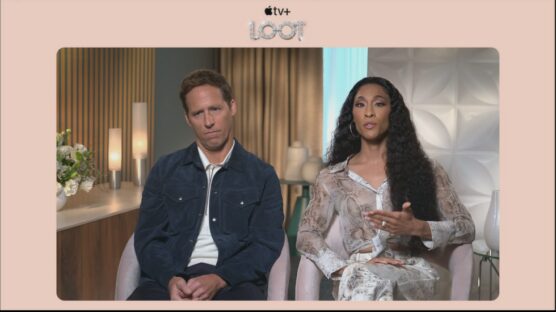

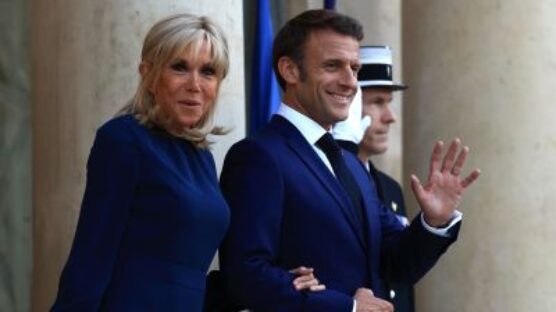
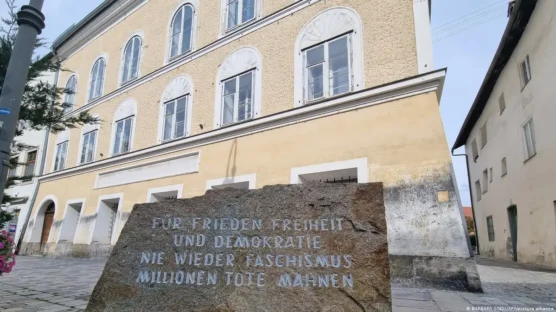

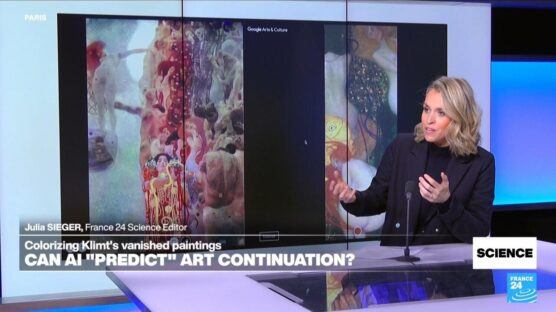





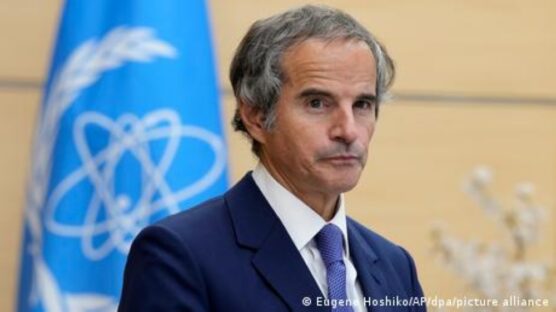



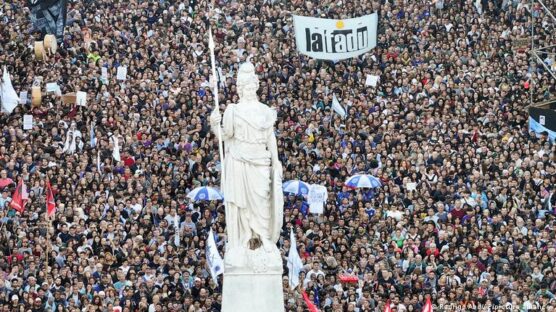
0 Comments
We will review and take appropriate action.